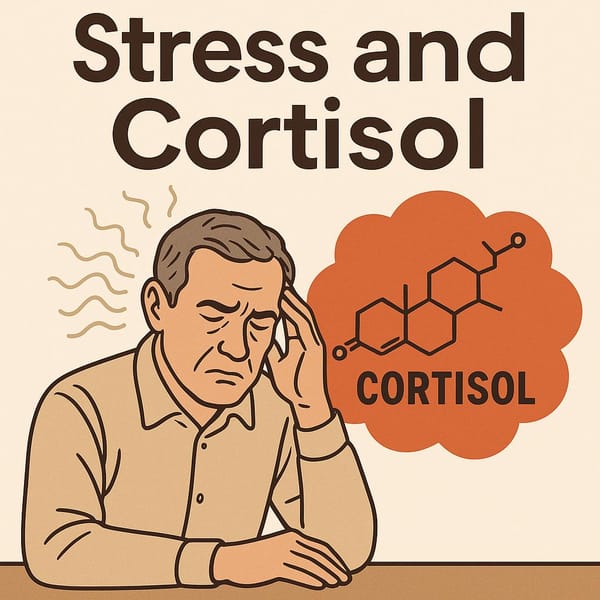Does Magnesium Really Help with Sleep? Types and Comparison with Melatonin

Quality sleep is crucial for both physical and mental health, yet many struggle with sleep disorders. Magnesium has gained attention as a potential aid for improving sleep, but which type is the most effective? And how does it compare to melatonin? Let's explore these questions together!
What is Magnesium and How Does It Help with Sleep?
Magnesium is an essential mineral that plays a significant role in various bodily functions, including muscle relaxation and nerve signal transmission. It helps reduce cortisol levels (the stress hormone) and enhances GABA neurotransmitter levels, which promote relaxation and deep sleep.
Benefits of Magnesium Beyond Sleep Support
- Reduces Stress and Anxiety: Magnesium regulates the nervous system, helping to lower stress levels and induce calmness.
- Relieves Muscle Cramps and Tension: Particularly beneficial for those who suffer from nighttime muscle cramps or fatigue.
- Supports Heart Health and Blood Pressure Regulation: Helps maintain proper blood pressure and reduces the risk of heart disease.
- Enhances Energy Metabolism and Insulin Sensitivity: Beneficial for those managing blood sugar levels.
- Promotes Bone Health: Strengthens bones and reduces the risk of osteoporosis.
Magnesium Phosphate Dibasic (Magnesium Phosphate Dibasic)
This form of magnesium is commonly found in supplements designed to support nerve balance and energy metabolism. While not directly associated with sleep improvement, it aids in stress reduction, which can contribute to better sleep quality.
Pros:
- Supports metabolism and nervous system balance
- Suitable for individuals experiencing stress
Cons:
- Not specifically effective for sleep enhancement
- Lower absorption rate compared to other forms
Magnesium L-Threonate (Magnesium L-Threonate)
This type of magnesium is unique in its ability to increase magnesium levels in the brain, improving cognitive function and enhancing sleep quality, especially for those struggling with stress-induced insomnia.
Pros:
- Highly absorbable and increases brain magnesium levels
- Reduces stress and balances GABA neurotransmitters
- Improves sleep quality in the long term
Cons:
- Relatively expensive
- May not provide immediate sleep benefits
Magnesium vs. Melatonin: Key Differences
Melatonin is a hormone naturally produced by the body to regulate the sleep-wake cycle. It helps induce sleep but does not necessarily improve deep or prolonged sleep like magnesium does.
Pros of Melatonin:
- Helps initiate sleep, especially useful for conditions like jet lag
- Works quickly, ideal for those needing immediate results
Cons of Melatonin:
- May cause morning grogginess (Melatonin Hangover)
- Long-term use can reduce effectiveness
Comparison:
| Feature | Magnesium | Melatonin |
|---|---|---|
| Mechanism of Action | Increases GABA and reduces cortisol | Regulates sleep-wake cycle |
| Duration of Effect | Long-term improvement | Short-term effectiveness |
| Side Effects | Possible diarrhea (in some cases) | Morning drowsiness |
| Cost | Moderate to high | Low to moderate |
Precautions
- Excessive magnesium intake can cause diarrhea or other side effects such as nausea.
- Individuals with kidney disease should consult a doctor before taking magnesium supplements.
- Overuse of melatonin can disrupt the body’s natural hormone production.
Conclusion
- If you seek long-term sleep quality improvement and stress relief, Magnesium L-Threonate is the best option.
- If you need quick results to fall asleep faster, Melatonin might be the better choice.
- For those looking for general nervous system balance at a lower cost, Magnesium Phosphate Dibasic is worth considering.
Choose the method that best suits your needs, and consult a healthcare professional if you have any concerns!



